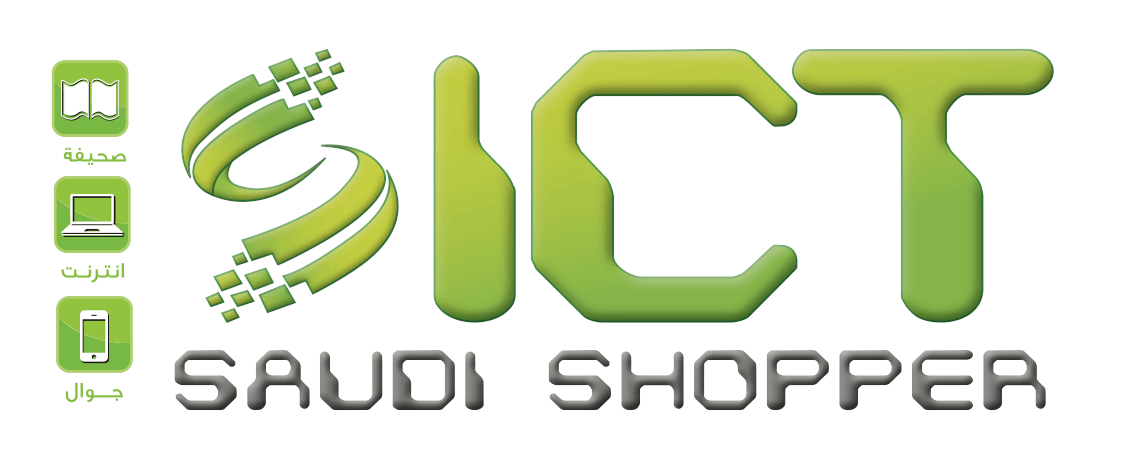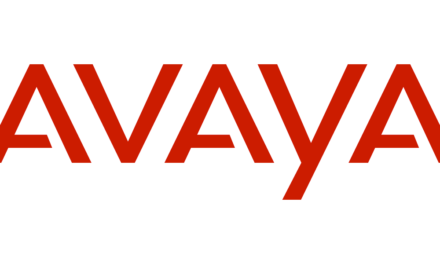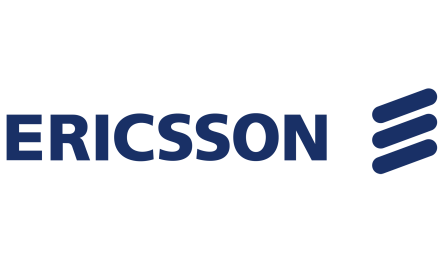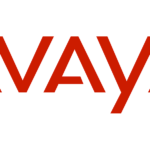
African Telecommunications Union and Ericsson sign MoU to accelerate growth of ICT in Africa
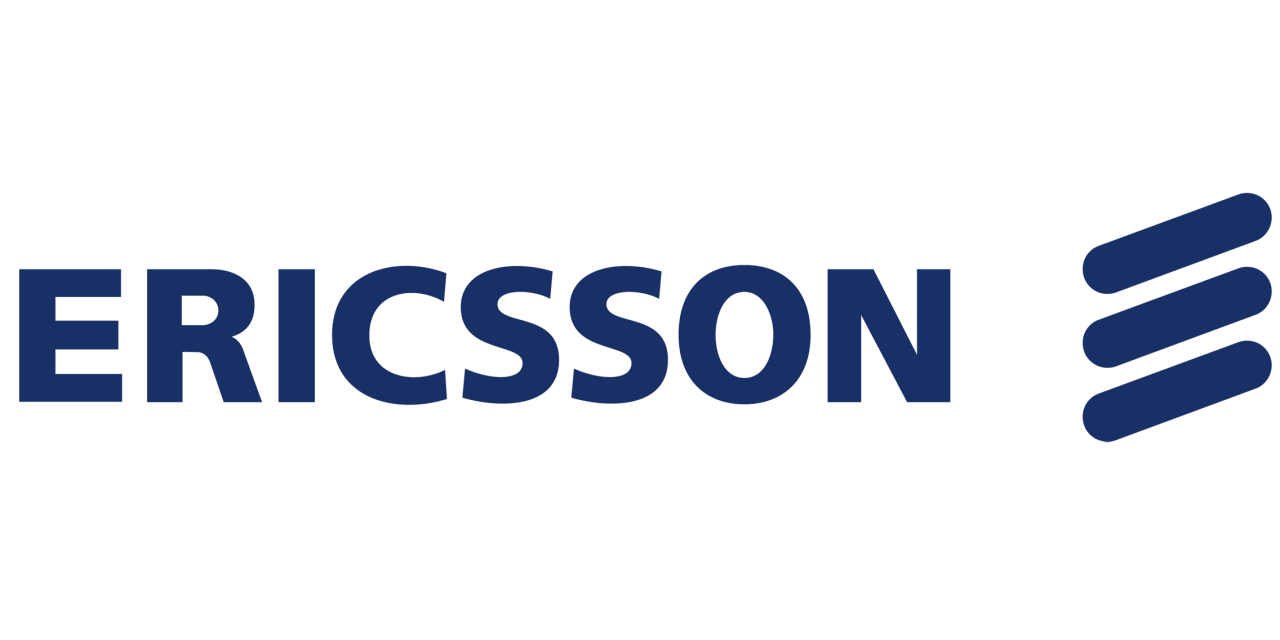
The African Telecommunications Union (ATU) has signed a Memorandum of Understanding (MoU) with Ericsson to help fast track roll out of technology across the continent. According to ATU, a specialized agency of the African Union in fostering the growth of ICT in Africa, The MoU will support the growth of ICT as a critical infrastructure for the 21st century and help set the foundation for social and economic progress in the continent. In the understanding, the two organisations look towards promoting global and regional coordination and harmonization of spectrum usage to encourage economies of scale and maximize the affordability for all users in Africa.
“Our collaboration with Ericsson is geared towards connecting, innovating and transforming the continent into a knowledge economy,” said Mr. John OMO, Secretary General of the ATU. Mr. OMO who spoke during the signing of the MoU in Nairobi, Kenya further noted that it is imperative for economies across the continent to become more competitive, agile, open and innovative in order to leverage on ICT innovations to transform African nations into smart economies.
Lauding the partnership with ATU, Mr. Fadi Pharaon, President of Ericsson Middle East and Africa, says: ” Our collaboration with the African Telecommunications Union (ATU) will focus on spectrum management strategies. Leveraging our global experience working on spectrum management, we aim to share global best practices that will ensure efficient use of scarce resources and allocation of new spectrum. This will yield societal benefits that will enable a more connected and knowledge-based society in Africa.”
This move comes at a time when Africa continues to experience an unprecedented growth in mobile broadband, with traffic, subscriptions, and ownership of devices growing at exponential rates. The continent has emerged as one of the strongest adopters of innovation, with a rapid rise in usage of technology and smartphones. According to a November 2019 Ericsson Mobility Report, by 2025, Sub-Saharan Africa mobile broadband subscriptions will increase to about 70% of mobile subscriptions, with increased 4G coverage and uptake being the main engine. Driving factors behind this shift include a young and growing population and availability of lower priced smart and feature phones.
Developing countries today face the prospect of robust economic development given that mobile communications users now greatly outnumber those using fixed line telecommunication services. With radio spectrum a limited resource, the number of services and users that can be accommodated in any given part of the spectrum, remains limited, even in the digital world. Therefore, the harmonized and globally aligned frameworks as envisaged in the partnership between ATU and Ericsson will assist African countries in spectrum management activities that will facilitate cost efficient roll out of ICT.
ABOUT ATU
The African Telecommunications Union (ATU) was founded in 1977 as a specialised agency of the Organisation of African Unity, now African Union, in the field of telecommunications. ATU took its present name in 1999. This led to the transformation of the agency into a partnership between public and private stakeholders in the information and communication technology (ICT) sector.
ATU provides a forum for stakeholders involved in ICT to formulate effective policies and strategies aimed at improving access to information infrastructure and services. In addition, the Union represents the interests of its members at global decision-making conferences and promotes initiatives aimed at integrating regional markets, attracting investment into ICT infrastructure, and building institutional and human capacity.
The mission of the Union is to accelerate the development of the telecommunications/ICTs in Africa in order to achieve digital economies. The Union envisions an Africa that is empowered as an inclusive information society with strong digital economies for sustainable social, economic and environmental development in Africa. ATU’s core activity programmes include; Internal Institutional Capacity, Support by Key Institutions and Strategic Partnerships.
ATU currently has 48 Member States drawn from Governments and 43 Associate Members from within and outside the African region.
